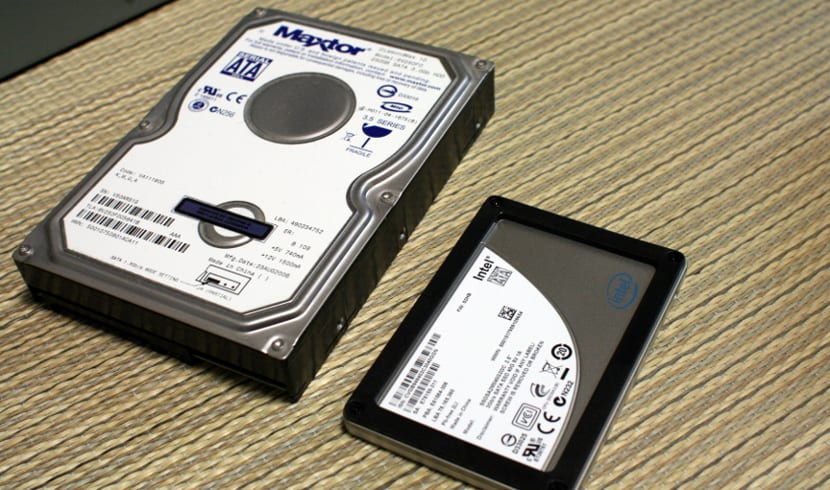
At the moment when we are going to delete a file from an SSD or any other storage system, the reality is that this file is not permanently deleted. What happens is that we are giving permission to the system so that data can be overwritten. That is why we can recover deleted files using the many tools that are available.
If what we want is to make sure that the files present on a drive are erased, then we have to resort to formatting. Among the various types that exist today, the safest of all is low-level formatting. What is this type of formatting? We tell you more below.
Low-level formatting will take care of replacing all the zeros and ones on the drive. In this way, the unit will stay in the same state as if it had recently left the factory. It is a method that stands out for its effectiveness, since it will not leave any files in said drive. Therefore, it is something that you only have to use when it is really necessary. Otherwise we can lose a lot of information.

If you are thinking of selling or giving away your hard drive or SSD, it is a good option to resort to low-level formatting. This way, there is no data left on the drive and someone else can use it. There are many situations in which you can make use of this system. But it is important to be aware that the data is going to be deleted.
Currently there are quite a few tools that help us carry out low-level formatting. One of the best options we can find is HDD Low Level Format. It is a very complete and easy-to-use software. In addition to being a very safe option and that helps us not to make big mistakes.
Therefore, if you want to delete all the files that are stored on a disk drive, be it a hard disk or SSD, low-level formatting is the most effective option of all.